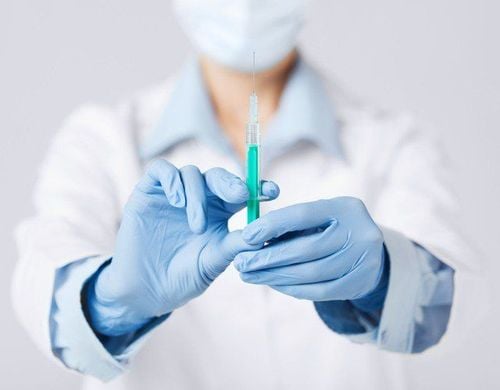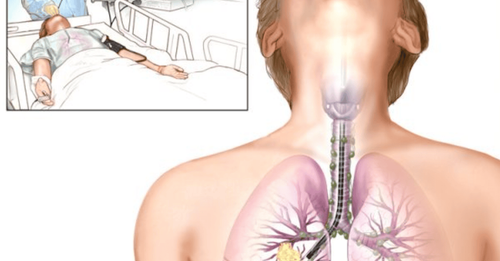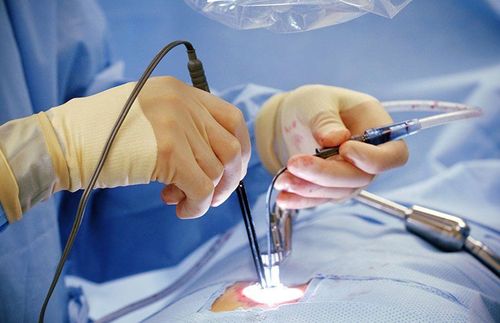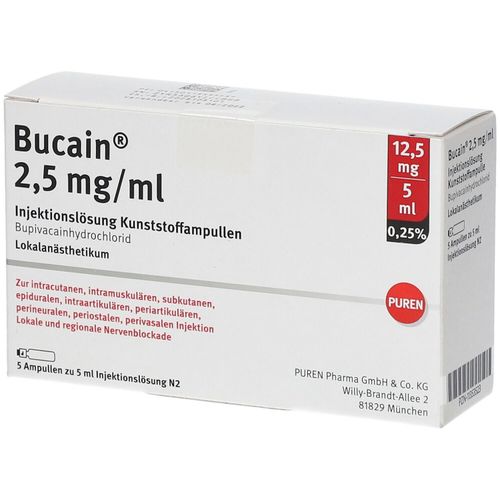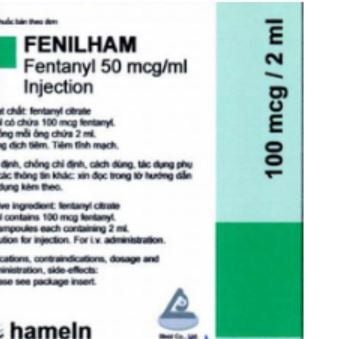This is an automatically translated article.
Posted by Specialist Doctor II Pham Thieu Trung - Anesthesiologist - General Surgery Department - Vinmec Phu Quoc International General Hospital
Along with the development of modern medicine, now cases of anesthetic poisoning have not occurred as often as before. However, the management and minimizing the risk of anesthetic poisoning is still one of the important knowledge to know for each person.
1. How dangerous is anesthetic poisoning?
Recently, in our country, there have been many cases of serious complications related to anesthesia, which are often misunderstood as anaphylaxis. In fact, anaphylaxis due to anesthetics is very rare, especially the main group of anesthetics we are using today, most of the Amino-Amid group drugs. Accordingly, poisoning with general anesthetic is the main cause of these terrible complications today.
Poisoning by general anesthetic is dangerous to the life and safety of the patient and causes concern for medical staff in current anesthetic practice. Anesthesia is performed in many specialties with different sites, the risk of anesthetic toxicity can occur at any site (including spinal anesthesia) and with any type of anesthetic. The risk of poisoning with general anesthetic is high in elderly patients, children, people with low blood protein, anesthesia in rich vascular locations such as: head and neck, oral cavity, nasopharynx and perineum..
Based on the anesthetic poisoning treatment protocol of the American Society of Regional Anesthesiology and Anesthesia 2018 and the French Society of Anesthesiology and Resuscitation 2016 we provide our colleagues with the warning signs and basic skills. on treatment to minimize complications and prepare for emergency when there is poisoning with general anesthetic.
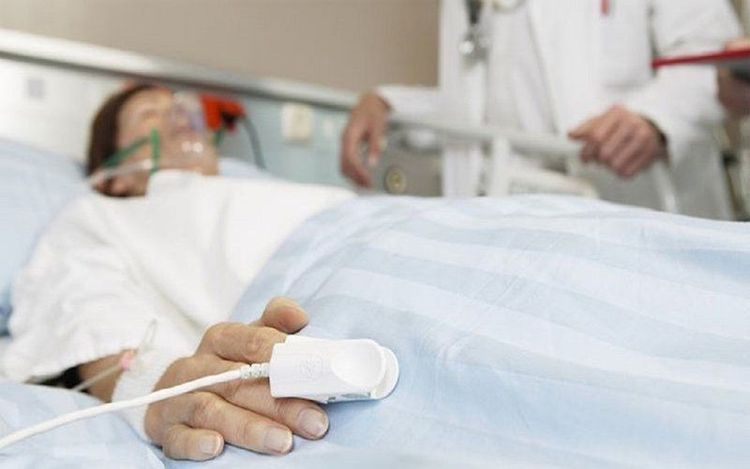
Ngộ độc thuốc tê gây ra nhiều biến chứng nguy hiểm
2. Clinical signs of poisoning with general anesthetic
During and after anesthesia, if the patient shows the following symptoms, it may be a sign of poisoning with the general anesthetic.
2. 1. Central nervous system signs
Suggested signs: Bitter mouth, metallic smell, numbness around the mouth and lips, tinnitus, blurred vision, dizziness, dizziness, fatigue, irritability. Central nervous system stimulation: Agitation, eye roll, slurred eyeball, confusion, tremor, convulsions. Central nervous system depression: Restless sleep or lethargy, lethargy, coma.
2.2. Cardiovascular signs
Sometimes the only manifestation of systemic anesthetic toxicity
Arrhythmias and/or disturbances in cardiac conduction. Progressive hypotension. Heart stop.
2.3. Respiratory signs
After injecting local anesthetic, the patient complains of fatigue, purple lips and ears Difficulty breathing or stops breathing

Khó thở là triệu chứng thường gặp ngộ độc thuốc tê
3. Treatment of local anesthetic poisoning
When there is a case where the patient is poisoned with anesthetic drugs, the treatment at this time must have a doctor's intervention. Accordingly, the following measures should be taken immediately:
Stop injecting local anesthetic Call for help Get an ambulance. 100% oxygen, endotracheal intubation and mechanical ventilation if necessary. 20% Lipid infusion Control airway by intravenous injection of 1.5nl/kg Lipid 20% over 2-3 minutes, maintenance infusion 0.25ml/kg/min. If the patient's condition is still unstable, repeat injections 1-2 times with the same dose (1.5ml/kg). The total dose should not exceed 12ml/kg or 1000ml in 30 minutes. Treatment of convulsions: Benzodiazepines (Midazolam) Propofol should be avoided especially in hemodynamically unstable patients Treat bradycardia: Atropine In case of cardiac arrest: seek immediate medical attention. Cardiopulmonary resuscitation. Call the nearest cardiopulmonary unit and immediately use 20% Lipid and 1mcg/kg adrenaline dose. Ventricular fibrillation: electric shock. Do not use: Vasopressin, Calcium channel blockers, Beta blockers or other local anesthetics. Continue monitoring for 4-6 hours for cardiovascular events, or at least 2 hours for CNS events.
4. Risk factors and prevention of anesthetic poisoning
In order to avoid anesthetic toxicity, the following factors should be considered:
Consider the smallest anesthetic dose sufficient to achieve the desired level of anesthesia and duration of anesthesia. Lowest effective anesthetic concentration. Patients at high risk of anesthetic toxicity are: children, the elderly, frail, debilitated, heart failure, cardiac conduction disturbances, low blood protein. Reverse the syringe before each injection 1-2 ml, observe for blood Inject slowly, observe and ask the patient to detect anesthetic toxicity early. Monitor patient with Monitor during and after anesthesia for at least 30 minutes. Assign someone to monitor the patient at least 30 minutes after anesthesia. Consider systemic anesthetic toxicity in patients with altered mental status, neurological symptoms, or cardiac abnormalities following anesthesia. Consider local anesthetic toxicity even with small doses of local anesthetics, subcutaneous anesthetics, mucosal anesthetics, surgical anesthesia, and post-garo removal.
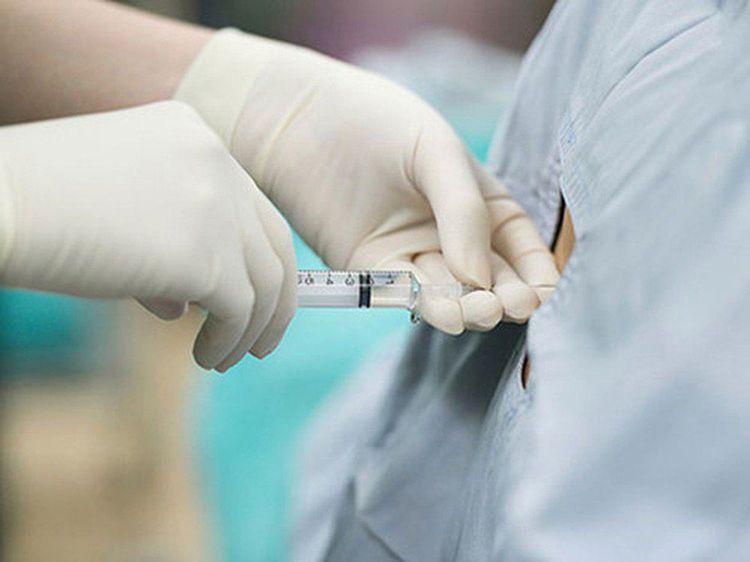
Để tránh ngộ độc thuốc tê cần tiêm đúng liều lượng và đúng cách
5. Some things to know about anesthetic poisoning
When there are neurological and cardiovascular disorders in the anaesthetic patient, it is necessary to immediately think of poisoning with the general anesthetic, anaphylaxis related to anesthesia is very rare. Administer 20% Lipid at the earliest first clinical manifestation of systemic anesthetic toxicity due to any local anesthetic. Doses of adrenaline ≤ 1 mcg/kg are effective in advanced cardiopulmonary resuscitation in patients with cardiac arrest or hypotension due to systemic anesthetic toxicity. Anesthesia poisoning can take the patient's life very quickly. Therefore, medical staff need to be very careful in the process of treatment and timely handling when the patient has suspicious signs and call the Anesthesiology Department when there are dangerous signs mentioned above. .
In order to minimize the complications of anesthetic poisoning during surgery, currently, Vinmec International General Hospital has put a system of modern machinery, equipment and standard surgical anesthetics into operation. examination, diagnosis, anesthesia and treatment of diseases. With a team of highly qualified and well-trained doctors and nurses, performing anesthesia resuscitation will bring optimal treatment efficiency, minimize the complications of anesthetic poisoning for customers.
Customers can directly visit, consult and treat with specialists at Vinmec Health System nationwide or book an appointment online HERE.




